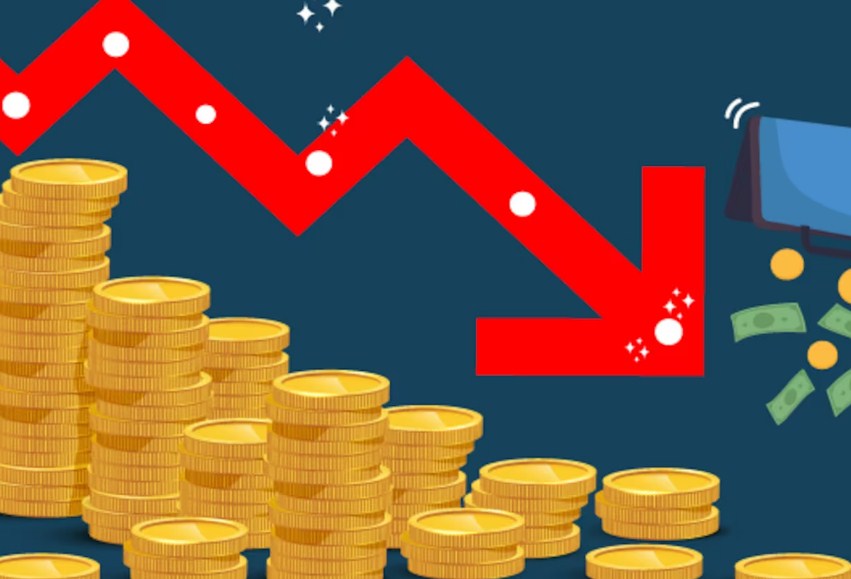The Indian startup ecosystem witnessed a strong funding momentum in February 2024, as investors poured in $900 million across 48 deals, according to a report by Entrackr. This is a 40% increase from the previous month, when startups raised $643 million across 50 deals. The report also stated that the average deal size in February was $18.75 million, compared to $12.86 million in January.
Edtech and fintech lead the funding spree
The edtech and fintech sectors emerged as the top performers in terms of funding, as they accounted for 40% of the total amount raised in February. Some of the notable deals in these sectors include:
- Byju’s, India’s largest online education platform, raised $200 million from BlackRock and T. Rowe Price, valuing the company at $15 billion. Byju’s also acquired Aakash Educational Services, a leading offline test preparation company, for $1 billion, making it one of the biggest deals in the edtech space.
- Zomato, India’s leading food delivery platform, raised $250 million from existing and new investors, including Tiger Global, Kora Management, Fidelity, and Dragoneer. The company is reportedly preparing for an IPO later this year, and is valued at $5.4 billion after the latest round.
- PhonePe, India’s largest digital payments platform, raised $200 million from its parent company, Flipkart, in a corporate round. The company claims to have over 250 million registered users and a 40% market share in the Unified Payments Interface (UPI) segment.
- CRED, a fintech platform that rewards credit card users for paying their bills on time, raised $81 million in a Series C round led by DST Global, valuing the company at $806 million. The company also announced a buyback of employee stock options worth $1.2 million.

Healthtech and e-commerce also see significant traction
The healthtech and e-commerce sectors also witnessed some high-profile deals in February, as startups in these domains leveraged the increased demand and adoption of online services amid the pandemic. Some of the notable deals in these sectors include:
- PharmEasy, an online pharmacy and healthcare platform, raised $120 million in a debt round from InnoVen Capital and other lenders. The company is also in talks to merge with its rival, Medlife, to create India’s largest online pharmacy.
- Meesho, a social commerce platform that enables entrepreneurs to sell products via social media, raised $50 million in a secondary round from existing investors, including Naspers, Facebook, and Elevation Capital. The company is valued at $700 million and has over 13 million resellers on its platform.
- DealShare, a social commerce platform that offers discounts on grocery and household items, raised $21 million in a Series C round led by WestBridge Capital, Alpha Wave Incubation, and Z3Partners. The company operates in over 25 cities and claims to have over 2 million customers.
- mfine, a healthtech platform that connects patients with doctors and health services, raised $16 million in a Series B round led by Heritas Capital, along with existing investors, including SBI Investment, BEENEXT, and Stellaris Venture Partners. The company has over 4,000 doctors and 600 hospitals on its platform.
Outlook for the Indian startup ecosystem
The report by Entrackr also highlighted some of the trends and challenges that the Indian startup ecosystem faces in 2024. Some of the key points are:
- The funding activity in February indicates a strong recovery from the pandemic-induced slowdown in 2020, when startups raised only $11.5 billion, a 10% decline from 2019.
- The IPO pipeline for Indian startups is robust, as several unicorns and soonicorns (startups valued at over $500 million) are expected to go public in 2024, including Zomato, Nykaa, Delhivery, Policybazaar, and Freshworks.
- The regulatory environment for Indian startups is still uncertain, as the government has introduced new rules and policies that affect various sectors, such as e-commerce, digital payments, social media, and online news.
- The competition among Indian startups is intensifying, as they face both local and global rivals, as well as the entry of large corporates, such as Reliance, Tata, and Amazon, into various segments.
The report concluded that the Indian startup ecosystem is poised for a strong growth trajectory in 2024, as it benefits from the large and growing market, the digital transformation, the innovation and talent, and the supportive investor sentiment.

Comments